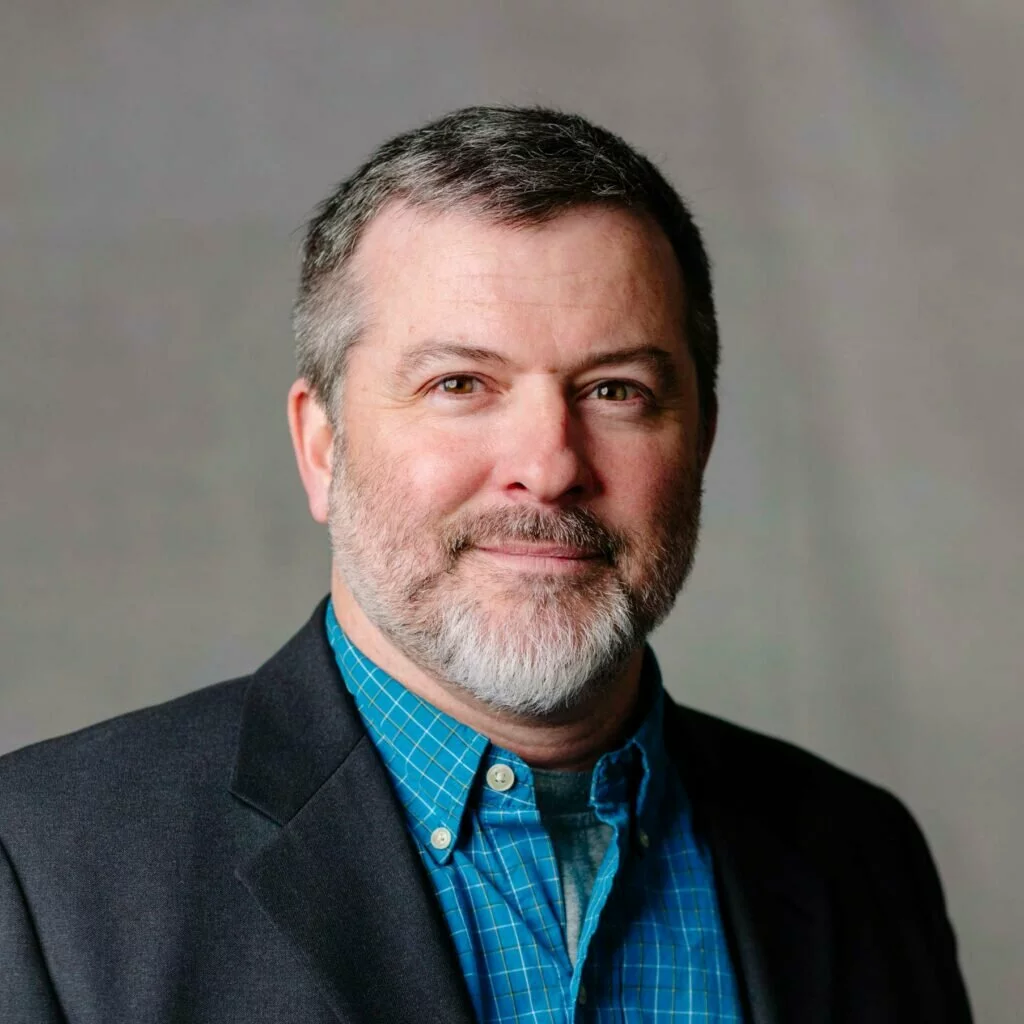Last week we heard Carl Henry admonish the sometimes anemic church of the postmodern age to look back to the power of the Early Church. In their lives we see a hope for a renewed past. This was no mere atavism where we simply imitate what has already been done but rather tapping into the same hope born of the presently reigning Christ. As he lived the perfect human life, by the power of his Spirit today, we can become more fully human.
Nu. 5: In Search of a Happy Ending
This time around we will be hearing of the end of life, a fate no human can avoid. Though this topic may seem more appropriate for the conclusion of a series, it is instead a reminder not only of how to die but also how to live. Many times when preachers get up and begin speaking of the inevitability of our deaths and all that comes with it, we are cautious, expecting that we are about to be inflicted with a sermon rife with doom and gloom. However, in this instance we are happily surprised with this talk given in November 1979 at First Baptist Church in Conway, AR on Ecclesiastes 12:1-7. Dr. Henry here argues that the imagery of this passage points the reader to consider the inevitably of lessened mental and physical powers which accompany getting older. Rather than being some kind of scare-tactic designed to make people wonder if an early death might unexpectedly await them, these verses remind us that death and physical degradation certainly awaits. A life without a commitment to the sovereign Creator leads only to pleasureless future, increasingly devoid of cognitive and material enjoyments. But, with God as the center of our lives and the hope for our present living, neither the sickness nor senility which will come to us tomorrow can paralyze our humanness.





Comments
Be the first one to make a comment!